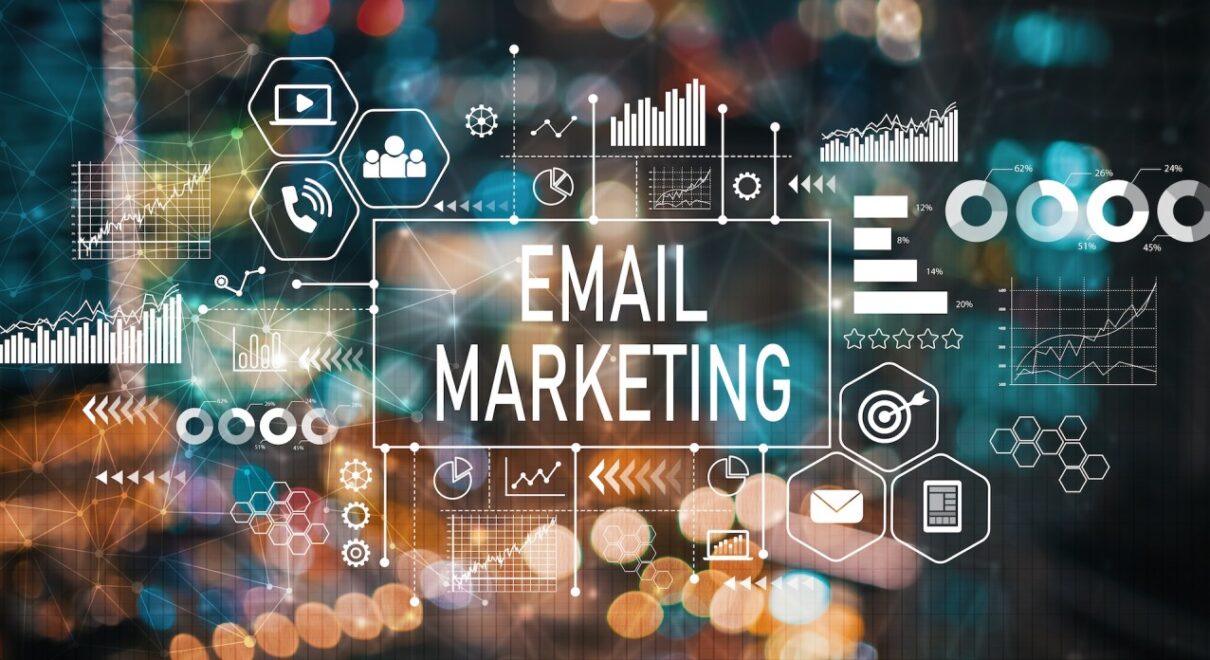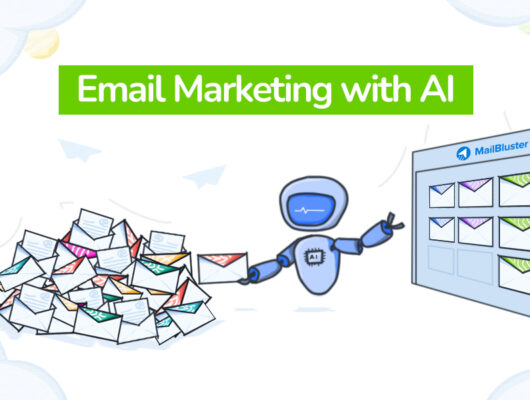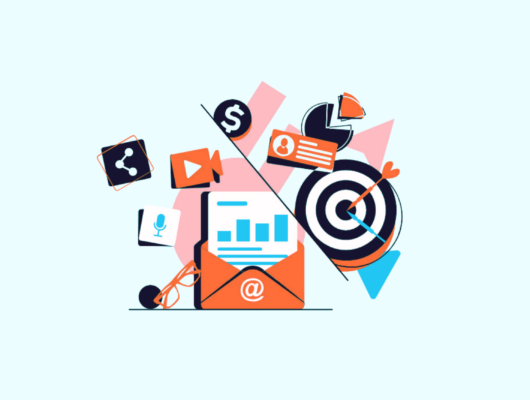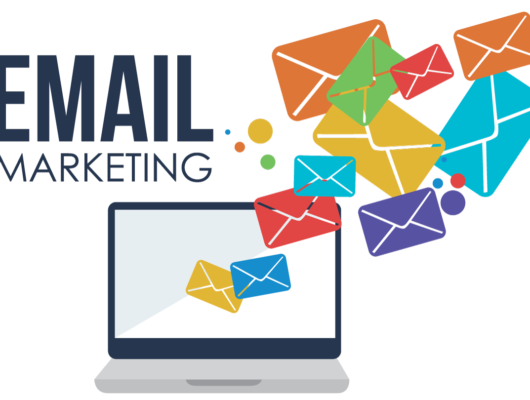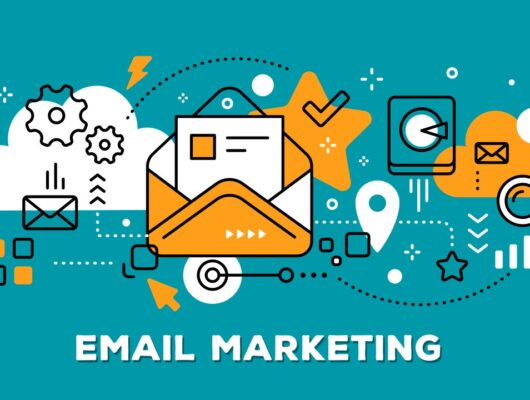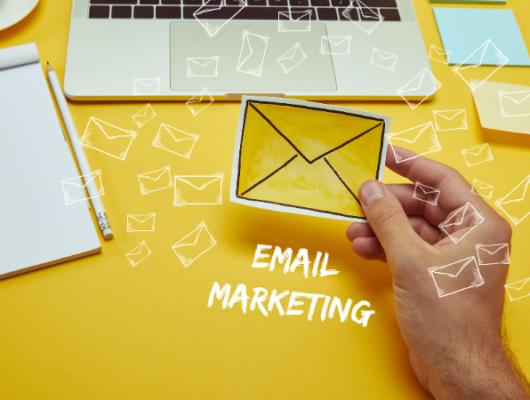Email marketing is a powerful tool in the B2B e-commerce sector, where building long-term relationships and maintaining consistent communication with business clients are paramount.
This strategy not only facilitates direct communication with key decision-makers but also enhances lead generation, nurtures prospects, and boosts sales conversions.
This article delves into effective strategies, best practices, and key considerations for optimizing email marketing in the B2B e-commerce landscape.
1. The Importance of Email Marketing in B2B E-commerce
Email marketing holds a unique position in B2B e-commerce due to its ability to facilitate personalized, scalable communication. It’s effective for:
- Driving Engagement: Regular updates keep your brand top-of-mind for business clients.
- Educating Customers: Emails can deliver valuable content that aids businesses in making informed purchasing decisions.
- Nurturing Leads: Through targeted content, email marketing moves prospects through the sales funnel.
2. Strategies for Effective B2B Email Campaigns
To capitalize on email marketing within B2B e-commerce, consider these strategies:
- Segmentation and Personalization: Use detailed customer data to segment your audience and tailor emails according to business size, industry, purchasing history, and behavior.
- Content Value: Provide content that adds value, such as industry insights, product updates, and actionable advice that can help businesses overcome their challenges.
- Automation: Employ email automation tools to deliver timely follow-ups, nurture leads, and trigger emails based on specific customer actions.
3. Best Practices for B2B E-commerce Email Marketing
Implementing the following best practices can significantly enhance your email marketing efforts:
- Strong Subject Lines: Capture the attention of busy professionals with clear, compelling subject lines that convey the value of your email.
- Mobile Optimization: Ensure that emails are easily readable on mobile devices, as many professionals access their email on-the-go.
- Clear Calls-to-Action: Make it easy for recipients to understand what steps you want them to take, whether it’s visiting a website, scheduling a demo, or downloading a whitepaper.
- Consistent Scheduling: Maintain a consistent email schedule to build familiarity and reliability without overwhelming your recipients.
- Respect Privacy and Compliance: Adhere to privacy laws and regulations, such as GDPR, to build trust and maintain professional integrity.
4. Tools and Technologies for B2B Email Marketing
Several tools can enhance the effectiveness of your B2B email campaigns:
- Email Automation Platforms: Platforms like HubSpot, Salesforce Pardot, and Marketo offer powerful automation and integration capabilities.
- CRM Integration: Integrating email marketing with a CRM system allows for enhanced data utilization, improving personalization and segmentation.
- Analytics Tools: Analyze the performance of your campaigns with tools like Google Analytics and native analytics from your email platform to continually refine your approach.
5. Metrics to Monitor in B2B Email Marketing
Key metrics to track the success of your email campaigns include:
- Open Rates: Measures how many people are opening your emails, indicating the effectiveness of your subject lines.
- Click-through Rates (CTR): Assesses how engaging and compelling your email content is by measuring who clicks on links within the email.
- Conversion Rates: Tracks how many recipients are taking the desired action, helping gauge the ultimate effectiveness of your email campaigns.
- Bounce Rates: Monitors the quality of your email list and the effectiveness of your database management practices.
Conclusion
Email marketing is an essential component of a comprehensive B2B e-commerce strategy.
By focusing on personalization, valuable content, and strategic use of technology, businesses can build stronger relationships, enhance customer engagement, and drive more significant sales.
As B2B buying cycles typically extend over longer periods, effective email marketing campaigns are crucial in facilitating these complex purchasing decisions and fostering long-term business relationships.


